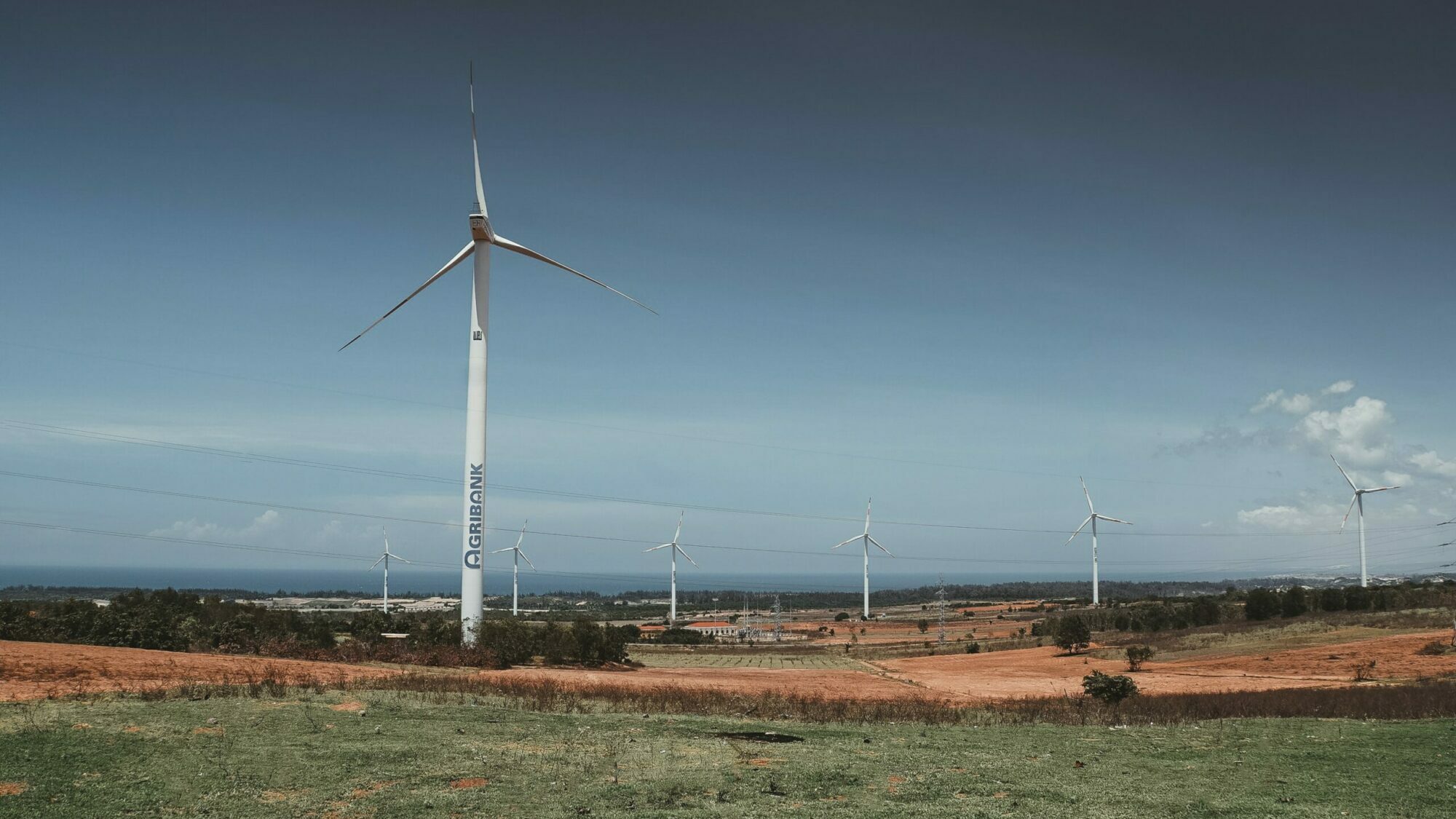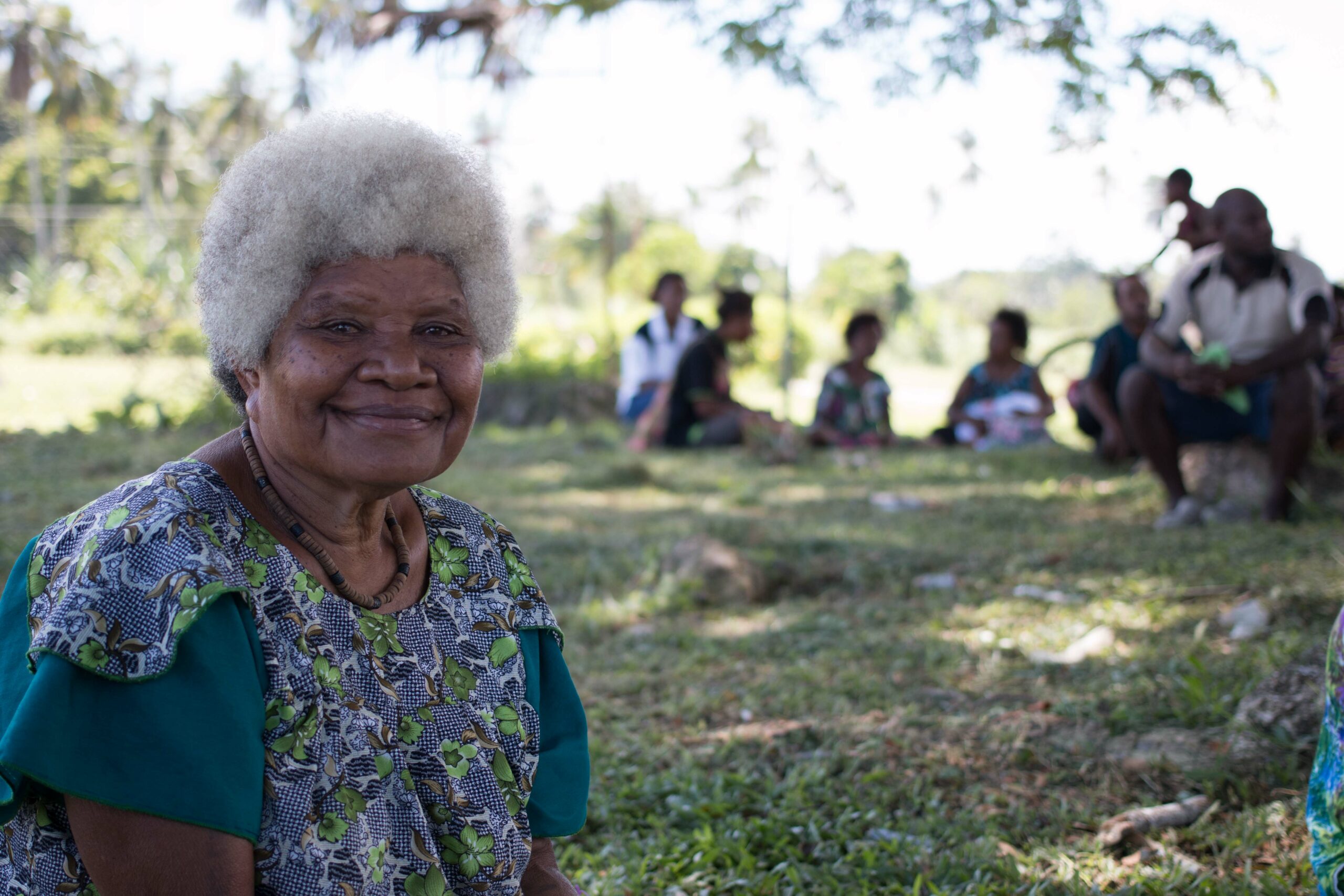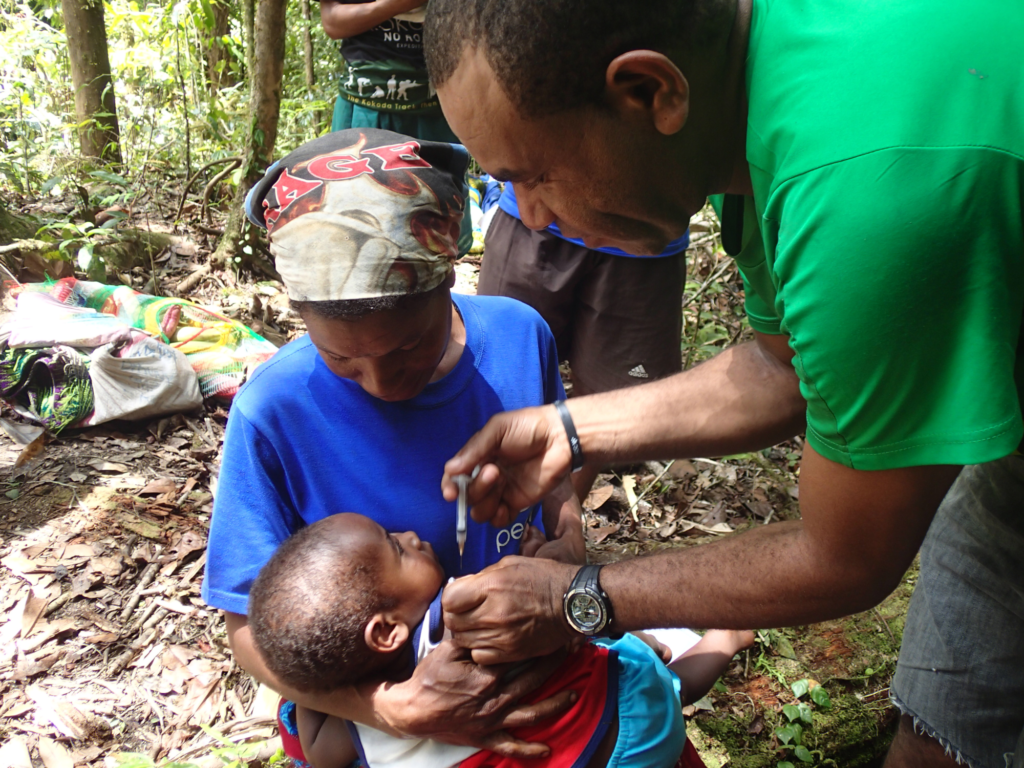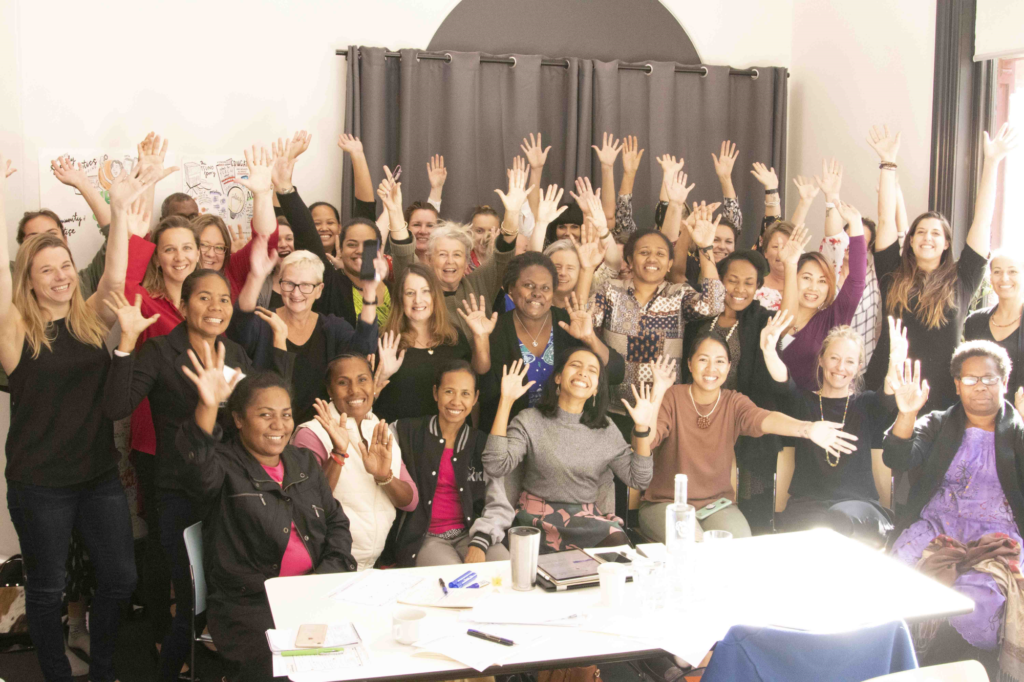

GESI in IF4 health sector partnerships
The expansion of the Nazarene hospital in Jiwaka, managed by Nazarene Health Ministries (NHM) is one of the remote infrastructure projects that has experienced improved GESI outcomes through Incentive Fund 4 (IF4). Health sector development is a priority for IF4 grant-making, along with the aim of 80 percent of IF4 projects specifically supporting the empowerment of women and girls. All partners are now required to have a gender equality and social inclusion (GESI) action plan which includes a core set of activities (appointing GESI champions and a cross project GESI committee; reviewing or establishing core policies and internal systems and allocating a GESI budget to support such activities) and GESI activities in relation to the purpose of the project. This includes consultation with diverse user groups in the design of any infrastructure, accessibility features, and supplementary activities, such as community outreach and activities focused on aspects of women and children’s empowerment.
Existing health promotion and community outreach activities have at times been expanded with messages on gender equality, child protection, and preventing family and sorcery related violence. These are information sessions with community members or project personnel, including infrastructure staff intending to raise their awareness and give them opportunity to ask questions or discuss GESI related issues. At times, themes for these events have been linked to annual events such as World AIDS Day or International Women’s Day.
The challenges faced by GESI teams and outreach personnel
GESI issues in health service catchments are identified through experience. The GESI Champions from NHM noted that a lack of awareness within the community about the services offered at the hospital as an issue. GESI teams and outreach personnel face logistical challenges in travelling to the remote locations with a lack of facilities. As village populations may have had very little formal education, sometimes they may lack even a basic understanding of human bodies. The health reach component can take time to break everything down, which proves to be a challenge working within time and budget constraints. However, there are many examples of GESI teams and other personnel doing new things to respond to what they see, in part linked to the GESI requirements and expectations of IF4.
NHM Sister’s story of empowerment through the child protection in-service program
One NHM Sister reported that for over 30 years she had worked in the paediatric ward, but that she had ‘just stuck to (her) job and gave injections and medicines and that was it’. After a week-long child protection in-service program run by IF4 to establish a child protection committee, she felt ‘that I should stand up and fight for this thing. And this gave me confidence and I said to myself that I would not just do my job but take on this extra responsibility’. The Sister started doing child protection awareness in her ward and finding so many cases extended this to her church and the local school, as well as talking to her own children about their rights. She told the community that if something happens, for example if young girls experience sexual abuse, or children are not fed or are hurt by adults, they ‘are supported to come and report to me…. I told the community that if children were abused, I would get the children and report the matter to the police’. She also talks to parents and children about the mistreatment the children experience.
Hope through outreach work
Generally, those interviewed felt some hope from their outreach work. At NHM, they report after the GESI programs and awareness, more people, including women are coming in for HIV voluntary counselling and testing and women are able to space their children through being able to access family planning services, and this is encouraged and supported by men. NHM staff feel that one of the most significant symbols of change was when the surrounding community made a public display of apologising to women and saying thank-you for their contributions through a community feast.

